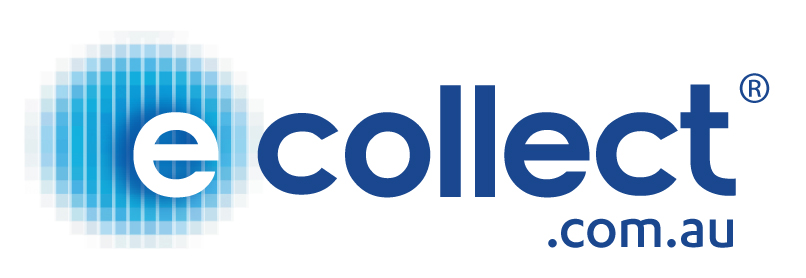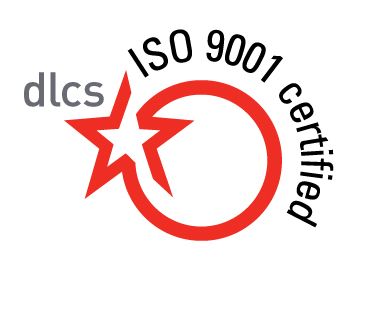Often, debt collectors are employed by collections agencies, but some work independently and can also be lawyers. Customers’ overdue debts are often collected by these companies and remitted to the original creditor. An overdue debt is when the creditor refers it to debt recovery once it is past its original terms or trade. This varies by company.
Some collection agencies might negotiate settlements with clients for less than the amount due for difficult-to-collect debts with creditors’ approval. Alternatively, debt collectors may refer cases to attorneys who pursue lawsuits against uncooperative clients.
In an effort to persuade delinquent customers to repay their debts, debt collectors contact them via letters and phone calls, but good ones do their work by phone. When debt collectors cannot reach a debtor using the information supplied by the original creditor, they have extensive investigative resources, including access to online databases and private detectives for help. They may also check a debtor’s assets registry, like bank and brokerage accounts, to assess their ability to pay.
Delinquent debts may be reported to credit bureaus in an attempt to persuade clients to pay because late payments can severely damage a person’s credit score. Unless a judgment is secured, a debt collector must rely on the debtor to pay and cannot confiscate a paycheck or reach into a bank account, even if the routing and account details are known.
Unless a judgment is secured, a debt collector must rely on the debtor to pay and cannot garnish a paycheck or reach into a bank account, even if the routing and account details are known; however, debt collectors know the law and are litigious without hesitation however they need a creditors approval to proceed down this path.. Legal enforcement via the courts in orders to seize or dispose of property a debtor to repay a certain creditor a specific sum, but if legal action has occurred, additional legal costs may be added to the debt. Furthermore, a judgment cannot be disputed without returning to court and accrues interest according to the post-judgment rates in the jurisdiction. In victoria, this is 10% per annum. Collection agencies actively pursue judgments against debtors in court and, if the statute of limitations has expired, can petition the court for an extension.
Apart from levying bank accounts or repossessing automobiles, debt collectors can also obtain property or force the sale of an item. Some companies purchase debt; however, eCollect works exclusively on behalf of the creditor. Other companies may purchase the debt for cents in the following, which makes them the creditor, and there is no need for approval to litigate.
Debt collection is rarely what people think it is but rather a collaboration between the collector and the debtor to determine a way that the debtor can afford to meet this obligation. Many accounts receivable debts. Spend a great deal of time chasing bad debts. Even with experts involved, managing debtors is a challenge, and it never gets easy. Are you unsure of what they are or where to begin? We at eCollect are here to guide you through the increasingly complex process of managing corporate debtors.



